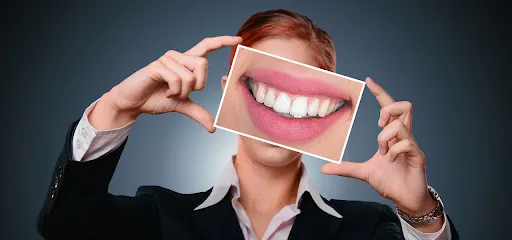If you’re nervous about an upcoming dental appointment, making sure you practice proper oral care before will give you the best results with the least worry. It’s also important to know what to do following your dentist appointment.
When you’re having something done beyond a routine cleaning and dental exam, your dentist will be sure to advise you on proper aftercare. For most situations, here’s what to know about proper oral care before and after your appointment.
Proper Oral Care Before Your Dental Visit
Before visiting your dentist near Bethpage, you might be wondering if you can eat anything first. It should be fine to eat a little something, especially if you have an appointment late in the morning or after lunch. You may be uncomfortable and edgy if you haven’t had any food all day.
Regardless of whether you eat or not, you should brush your teeth before your appointment. You can floss too, though try not to worry too much as any residual particles of food will be removed during your teeth cleaning. If you’re heading to your dentist while on a break from work, pack your toothbrush with you before you arrive for your dental visit.
The best way to quell any nervousness prior to a dental appointment is to maintain a good oral hygiene routine. You should brush at least twice per day and floss once a day. Following with a mouthwash rated by the ADA is a good idea.
Proper Oral Care After a Dental Visit
Assuming you’ve had a normal dental visit that involved a dental cleaning and exam, you can resume your usual oral care routine. In some cases, you may be given fluoride treatment to further protect your teeth. You’ll generally be advised not to eat or drink anything for about 30 minutes following this application.
You may want to wait a bit longer to consume anything that could stain your teeth, such as tea, coffee, or red wine. Wait about 2 to 3 hours following the fluoride treatment before you drink anything that tends to stain teeth.
If your dentist has found a cavity or another issue, it’s important to make an appointment to have it treated as soon as possible. Your dentist will provide additional guidance for you on other steps to take based on the outcome of your dental exam.
Relieving Discomfort After a Dental Cleaning
Some people require deeper cleanings more regularly to maintain their gum health. Sometimes, you may feel a little discomfort after a deep cleaning. Your dentist will likely numb the area during your treatment, but it will eventually wear off. You can take over-the-counter medications, like acetaminophen or ibuprofen, to help relieve any irritation.
Ultimately, how you take care of your teeth and gums between dental visits can make all the difference when you’re sitting in your dentist’s chair. Make sure you use a quality toothbrush, floss, and be aware of the food you eat to have a bright and healthy smile.
















